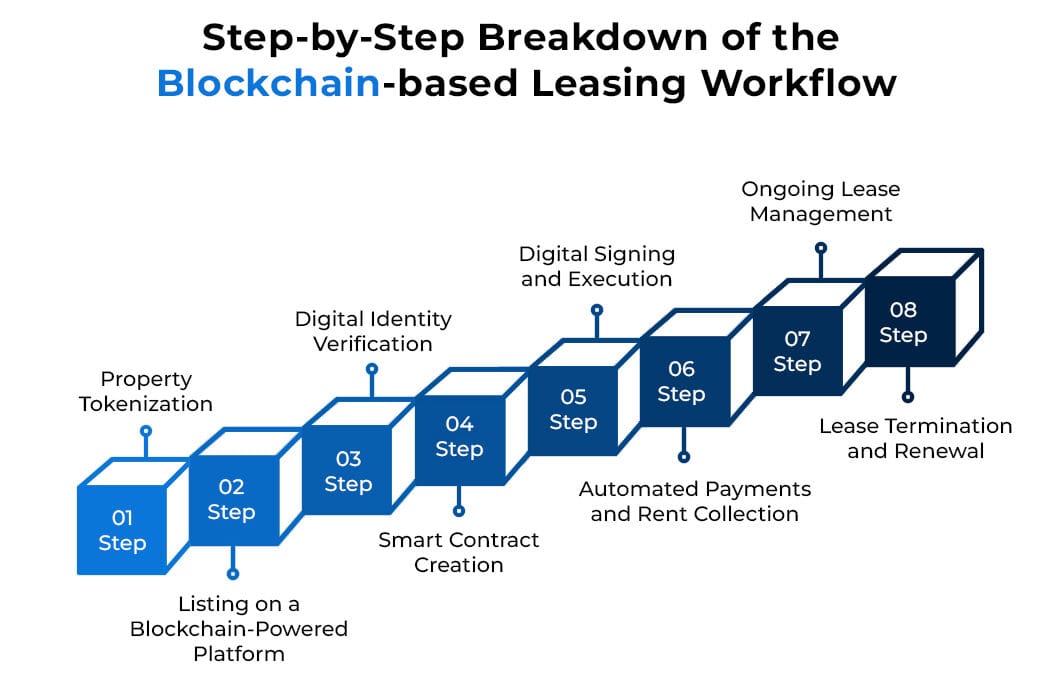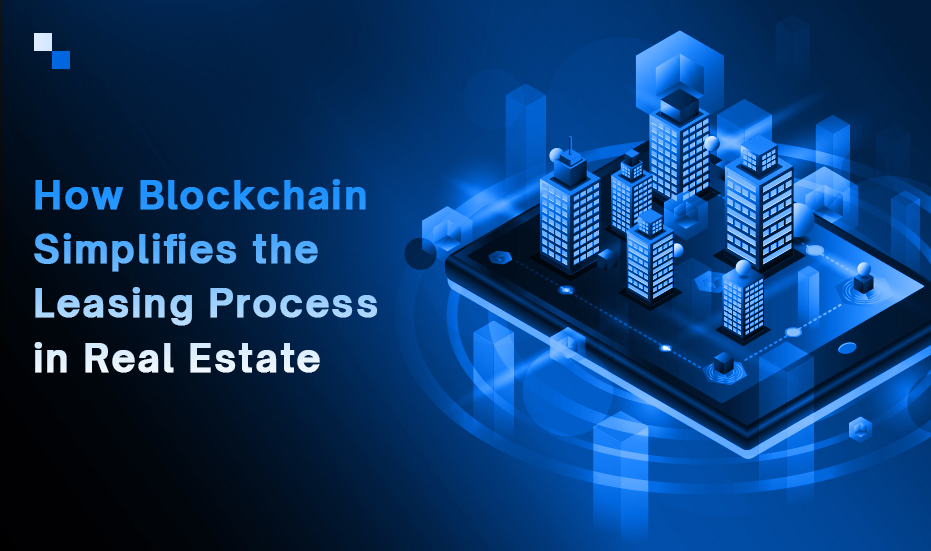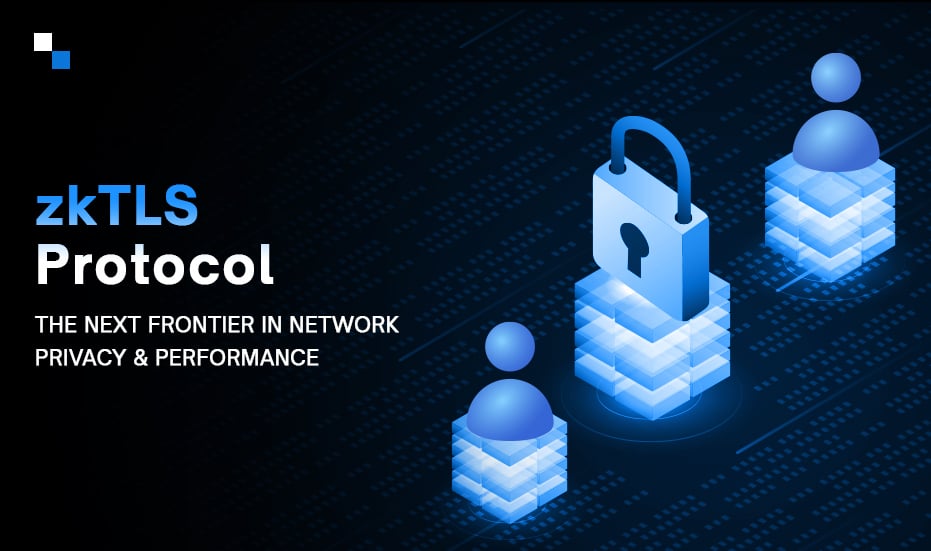
How Blockchain Real Estate Solutions Could Fix the Broken Rental Market
April 2, 2025
Crypto Wallet Development in Dubai: Who Can Do It, How to Proceed, and Associated Costs
April 2, 2025The real estate industry, known for its paper-heavy, time-consuming, and complex procedures, is on the brink of a digital revolution. With technological advancements giving an edge to various sectors, blockchain in real estate has emerged as a disruptive force, particularly in the leasing segment. Today, blockchain real estate solutions are completely reshaping the way we lease, manage, and secure properties, offering unparalleled transparency, automation, and security to leasing transactions. This transformation builds greater trust between tenants, landlords, and property managers and paves the way for a smarter, more efficient real estate ecosystem.
In this blog, we’ll explore the key challenges the leasing process faces in the real estate sector and how blockchain real estate solutions address them.
The Real Estate Industry Today: A System Ripe for Disruption
According to Grand View Research, the global real estate market size was valued at USD 3.69 trillion in 2021 and is expected to reach USD 5.85 trillion by 2030, registering a CAGR of 5.2% from 2021 to 2030. However, despite the market’s size, inefficiencies, fraud, and opaque processes continue to plague the industry.
For instance, in the United States alone, real estate scams led to losses exceeding $150 million in 2018, which was a 166% increase in the total money lost compared with 2017. Such alarming statistics indicate an urgent need for more secure and reliable systems in real estate transactions.
When it comes to leasing property, particularly in the commercial real estate (CRE) sector, things are even more intricate. Multiple parties, layered agreements, and manual reconciliation make the leasing process not only time-consuming but also error-prone.
Major Challenges in the Existing Leasing Process
Before diving into the role of blockchain in real estate, let’s examine the existing leasing process and its core issues:
1. Lack of Transparency
The existing leasing heavily relies on brokers or listing platforms that often prioritize profit over client interests. They may promote properties yielding higher commissions, concealing better-suited alternatives. This lack of transparency makes it hard for lessees to make informed choices and gives more power to middlemen instead of genuine property seekers.
2. Fraud and Forgery
The leasing process is highly susceptible to scams. Fake property listings, forged ownership documents, and impersonators can deceive even experienced buyers or tenants. The vulnerable verification system may allow fraudulent actors to manipulate or falsify information. This manipulation can result in financial loss and legal complications for unsuspecting individuals involved in real estate transactions.
3. Cumbersome Verification
Verifying property ownership, lease history, and tenant credentials typically involves cross-checking multiple offline sources, such as government records, legal documents, and financial institutions. This fragmented approach is slow, error-prone, and costly. Delays in verification can derail leasing timelines and discourage both property owners and prospective tenants from closing deals swiftly.
4. Redundant Costs
The leasing process often involves multiple intermediaries, such as brokers, agents, and legal advisors, and each charges service fees. These additional costs often increase transaction expenses without offering proportional value. In many cases, property owners and tenants end up paying for services that could be done automatically.
5. Manual Lease Management
Lease management, especially in the commercial real estate sector, involves tracking multiple payment schedules, coordinating with stakeholders, and maintaining vast documentation. Manual handling of these tasks is time-consuming and vulnerable to human error. Miscommunication or delayed processing can result in financial discrepancies, legal disputes, and operational inefficiencies for all parties involved.
Blockchain in Real Estate: A Game-Changer
Blockchain technology offers a decentralized, secure, and transparent framework that addresses the above challenges head-on. Let’s understand how.
A blockchain is a digital ledger distributed across a network of computers. Each transaction recorded on this ledger is time-stamped and immutable, meaning it cannot be altered retroactively. This immutability and decentralization make blockchain a trusted and tamper-proof system.
When applied to real estate leasing, blockchain real estate software development can bring about significant improvements in how properties are leased, managed, and transferred.
Understanding the Blockchain-Based Property Leasing Workflow
The property leasing process is often riddled with inefficiencies, paperwork, and delays. Blockchain streamlines leasing through automation, transparency, and enhanced security. Below is a step-by-step breakdown of how the blockchain-based leasing process works:

Step 1: Property Tokenization
The process begins with the property tokenization. The real estate asset is digitally represented on a blockchain as a token (typically an NFT or a smart contract-based asset). This token holds all essential data, including ownership, location, lease terms, and legal documentation, allowing for secure, transparent access.
Step 2: Listing on a Blockchain-Powered Platform
The tokenized property is then listed on a blockchain-based real estate platform. These decentralized platforms act as digital marketplaces, where landlords and tenants can interact without intermediaries. The listing includes verified property details, lease conditions, and pricing, all stored immutably on the blockchain.
Step 3: Digital Identity Verification
Before proceeding, both parties undergo KYC (Know Your Customer) and AML (Anti-Money Laundering) checks through blockchain-based identity verification tools. These systems ensure secure, tamper-proof identities using decentralized identifiers (DIDs), which reduce fraud and enhance trust.
Step 4: Smart Contract Creation
Once a tenant is selected, a smart contract is automatically generated. This self-executing contract outlines all lease terms, including rent amount, payment frequency, security deposit, maintenance responsibilities, etc. Since it runs on the blockchain, it ensures transparency, automation, and enforcement without third-party involvement.
Step 5: Digital Signing and Execution
Both landlord and tenant digitally sign the smart contract using blockchain-verified digital signatures. Once signed, the contract is stored on the blockchain, where it is immutable and easily accessible for both parties at any time.
Step 6: Automated Payments and Rent Collection
The smart contract is programmed to handle automated rent payments. Tenants can set up recurring payments in cryptocurrency or fiat-backed stablecoins, which ensures timely transfers without manual intervention. Penalties for late payments or incentives for early payments can also be embedded into the contract.
Step 7: Ongoing Lease Management
Throughout the lease term, all updates, such as maintenance requests, inspections, payment records, and communication, can be logged securely on the blockchain. This creates a transparent, real-time record of all lease-related activities.
Step 8: Lease Termination and Renewal
When the lease expires, the smart contract can automatically trigger renewal options or initiate the termination process. If required, security deposits are refunded as per the contract terms. All actions are recorded on-chain, ensuring full traceability.

Key Benefits of Blockchain Real Estate Development in Property Leasing
1. Smart Contracts for Lease Automation
One of the most revolutionary features of blockchain real estate solutions is smart contracts, i.e., self-executing digital agreements coded with predefined rules. Once these conditions are met, actions (like rent payments or contract renewals) are triggered automatically. For instance, if a lease agreement includes monthly payouts split between multiple landlords, a smart contract can distribute funds instantly upon tenant payment, without any manual intervention.
Key Benefits:
- Eliminates delays
- Prevents disputes
- Reduces legal costs
2. Tokenization of Property Assets
Through tokenization, physical assets such as commercial or residential properties can be represented digitally on a blockchain. These non-fungible tokens (NFTs) act as proof of ownership, which makes asset transfers faster and more secure. This can simplify lease transfers, fractional ownership, and portfolio diversification, especially for real estate investment purposes.
Key Benefits:
- Easy ownership verification
- Streamlined asset transfers
- Real-time transaction capability
3. Improved Identity Verification
Blockchain-based identity systems can validate tenant and lessor identities using third-party verifications, such as government databases, banks, and credit agencies. This blockchain-based identity verification speeds up background checks as well as reduces the chances of fraud.
Key Benefits:
- Faster onboarding
- Reduced fraud risks
- Secure, encrypted data sharing
4. Transparent Marketplaces
Blockchain can power decentralized real estate marketplaces where verified listings are visible to all users in the network. Blockchain real estate solutions integrate with government registries and other verification systems to ensure property authenticity.
Key Benefits:
- Access to reliable property data
- Elimination of fake listings
- Enhanced buyer/tenant confidence
5. Secure Record-Keeping
Each transaction on a blockchain is immutable and time-stamped. Lease agreements, payment history, maintenance records, and tenant communication can all be securely stored and accessed when needed. This security advantage makes blockchain a standout technology for property leasing in the real estate sector.
Key Benefits:
- Tamper-proof history
- Easy auditing
- Legal protection
Conclusion: Is Your Business Ready for Blockchain?
Blockchain real estate development is reshaping the property leasing process, offering a secure, transparent, and cost-efficient alternative to the existing system that is plagued by numerous inefficiencies. Saying yes to this approach could help you achieve maximum efficiency in property leasing. No matter whether you’re a real estate enterprise, a property management firm, or a startup looking to innovate in the leasing space, now is the time to explore blockchain real estate development. We at Antier can help you assess your needs and design a tailored solution.
Antier is a renowned blockchain real estate development company with expertise in building decentralized property marketplaces, smart contract-based lease management systems, asset tokenization platforms, and secure digital identity verification solutions. Backed by 700+ blockchain talents, we work closely with clients to deliver scalable, compliant, and future-ready blockchain real estate solutions that can empower property owners, tenants, brokers, and investors to embrace digital transformation with confidence.
Partner with us to unlock the true potential of blockchain in real estate.



